
Research reveals the #1 vitamin for eye protection
Recent scientific research has revealed a breakthrough in the field of eye health: specific vitamins—especially those in the B-complex family—play a far more important role in protecting vision than previously understood. Vitamin B has now emerged as a major factor in reducing the risk of glaucoma and age-related macular degeneration (AMD), two of the leading causes of vision impairment worldwide. These findings highlight just how profoundly our dietary choices can influence long-term eye health and visual clarity.
Key Takeaways
-
Vitamin B supplementation may slow or prevent the progression of glaucoma by protecting the optic nerve.
-
Lutein, a powerful carotenoid found in foods like pistachios, helps shield the eyes from damaging blue light.
-
A nutrient-rich diet containing vitamins A, C, E, and omega-3 fatty acids supports healthy vision and reduces the risk of age-related eye disorders.
-
Healthy eating and lifestyle choices are becoming as essential as regular eye exams in preserving eyesight over time.
The Growing Role of Vitamin B in Eye Health
Recent studies have identified vitamins B6, B9 (folate), and B12 as critical nutrients for preventing neurodegeneration linked to glaucoma. Often called the “silent thief of sight,” glaucoma can slowly damage the optic nerve without noticeable symptoms until vision loss occurs. These B vitamins appear to provide neuroprotective benefits, helping the optic nerve remain healthy and resilient.
What makes this discovery especially exciting is that vitamin B may slow disease progression even when eye pressure remains unchanged—a major breakthrough, as traditional glaucoma treatments focus mainly on reducing intraocular pressure. Researchers believe that adequate levels of these vitamins could help protect nerve cells from inflammation, oxidative stress, and metabolic damage, offering a new layer of defense for at-risk individuals.
Lutein: The Eyes’ Natural Blue-Light Filter
Lutein, a bright yellow carotenoid found in leafy greens and certain nuts, is known as nature’s built-in protection for the eyes. A recent study found that eating two ounces of pistachios per day can significantly increase lutein levels in the bloodstream, boosting the eye’s macular pigment density.
This pigment acts like internal sunglasses—filtering harmful blue light and reducing damage to the retina. As digital device usage rises, exposure to blue light has become a growing concern, making lutein more important than ever for maintaining sharp vision and reducing eye strain. Increasing lutein intake may even slow the progression of AMD, the leading cause of blindness in older adults.
Essential Vitamins for Strong, Healthy Eyes
While vitamin B and lutein are getting new attention, several other nutrients remain fundamental for vision support:
Vitamin A
-
Vital for low-light vision and preventing dry eyes.
-
Helps maintain the health of the cornea.
-
Sources: carrots, sweet potatoes, spinach.
Vitamin C
-
A powerful antioxidant that protects eye tissues from UV radiation and free-radical damage.
-
May reduce the risk of cataracts.
-
Sources: citrus fruits, strawberries, bell peppers.
Vitamin E
-
Shields cells from oxidative stress.
-
May help slow AMD and reduce inflammation within eye tissues.
-
Sources: almonds, sunflower seeds, leafy greens.
Omega-3 Fatty Acids
-
Crucial for retinal development and tear production.
-
May reduce symptoms of dry eye syndrome and support overall eye moisture.
-
Sources: salmon, walnuts, flaxseeds.
Together, these nutrients form a powerful defense system that supports visual clarity, protects eye structures, and enhances long-term eye resilience.
Dietary Recommendations for Healthy Vision
Incorporating nutrient-rich foods into your daily diet can make a measurable difference in eye health. Consider adding the following:
| Vitamin / Nutrient | Key Food Sources |
|---|---|
| Vitamin A | Carrots, sweet potatoes, spinach |
| Vitamin C | Oranges, strawberries, bell peppers |
| Vitamin E | Almonds, sunflower seeds, spinach |
| Omega-3s | Salmon, walnuts, flaxseeds |
| Lutein | Kale, spinach, pistachios |
Beyond these foods, drinking plenty of water, reducing sugar intake, protecting eyes from UV rays, and taking screen breaks all contribute to better vision and less eye fatigue over time.
Conclusion
The discovery of vitamin B’s protective effects—and lutein’s powerful ability to filter blue light—reinforces the importance of a nutrient-rich diet for long-term eye health. As we age and face greater risks of vision decline, integrating these vitamins into daily meals becomes an essential strategy for maintaining clear, healthy eyesight.
Combined with regular eye exams, responsible screen habits, and a balanced lifestyle, these nutrients offer a natural, effective way to safeguard vision for years to come.
News in the same category


Five “Dirtiest” Parts of the Pig That Butchers Never Take Home for Their Own Families

The Whole Family of Three Was Diagnosed With Thyroid Nodules; the Mother Collapsed: “I Thought Those Two Things Were Always Good to Eat and Could Prevent Cancer”
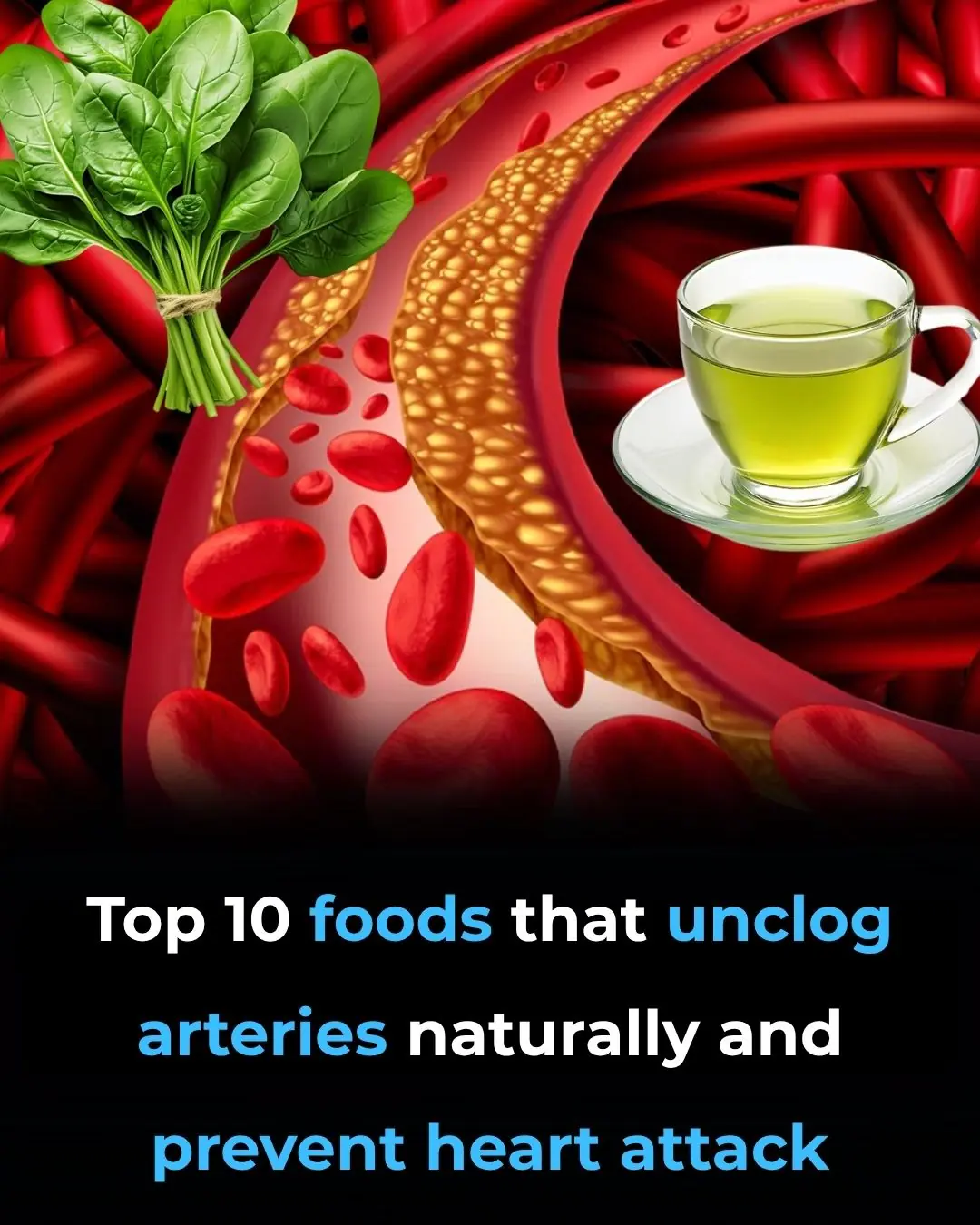
Top 10 foods that unclog arteries naturally and prevent heart attack
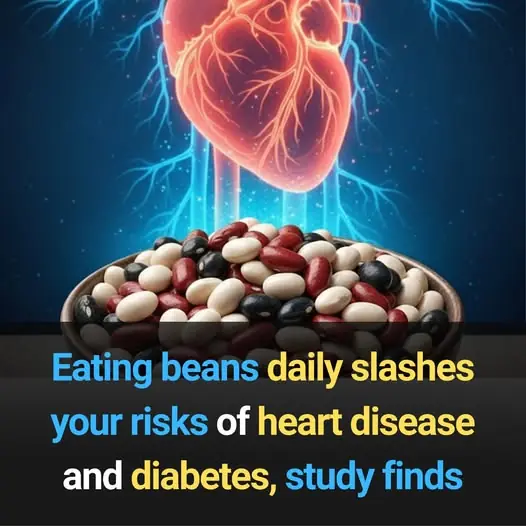
Eating beans daily slashes your risks of heart disease and diabetes, study finds
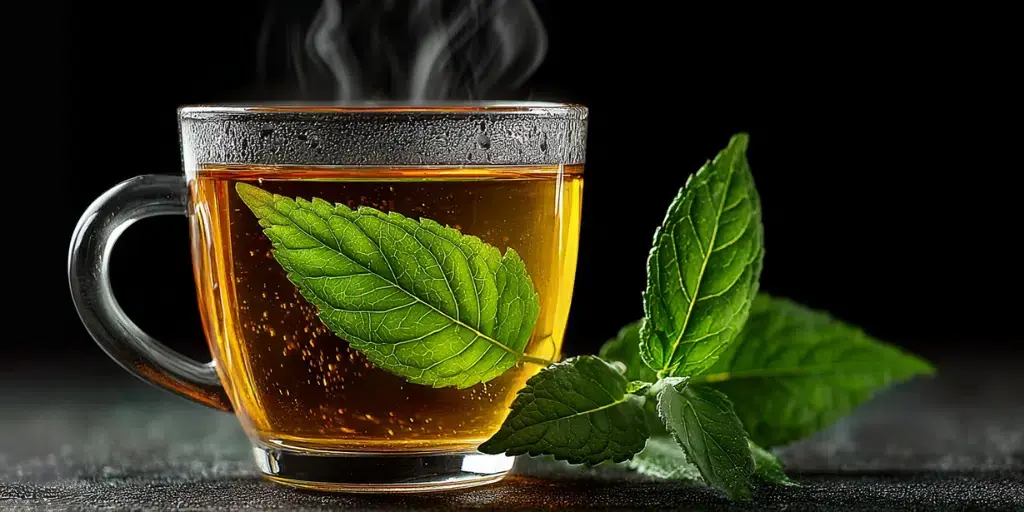
The #1 plant to eliminate mucus and phlegm instantly (how to use it!)
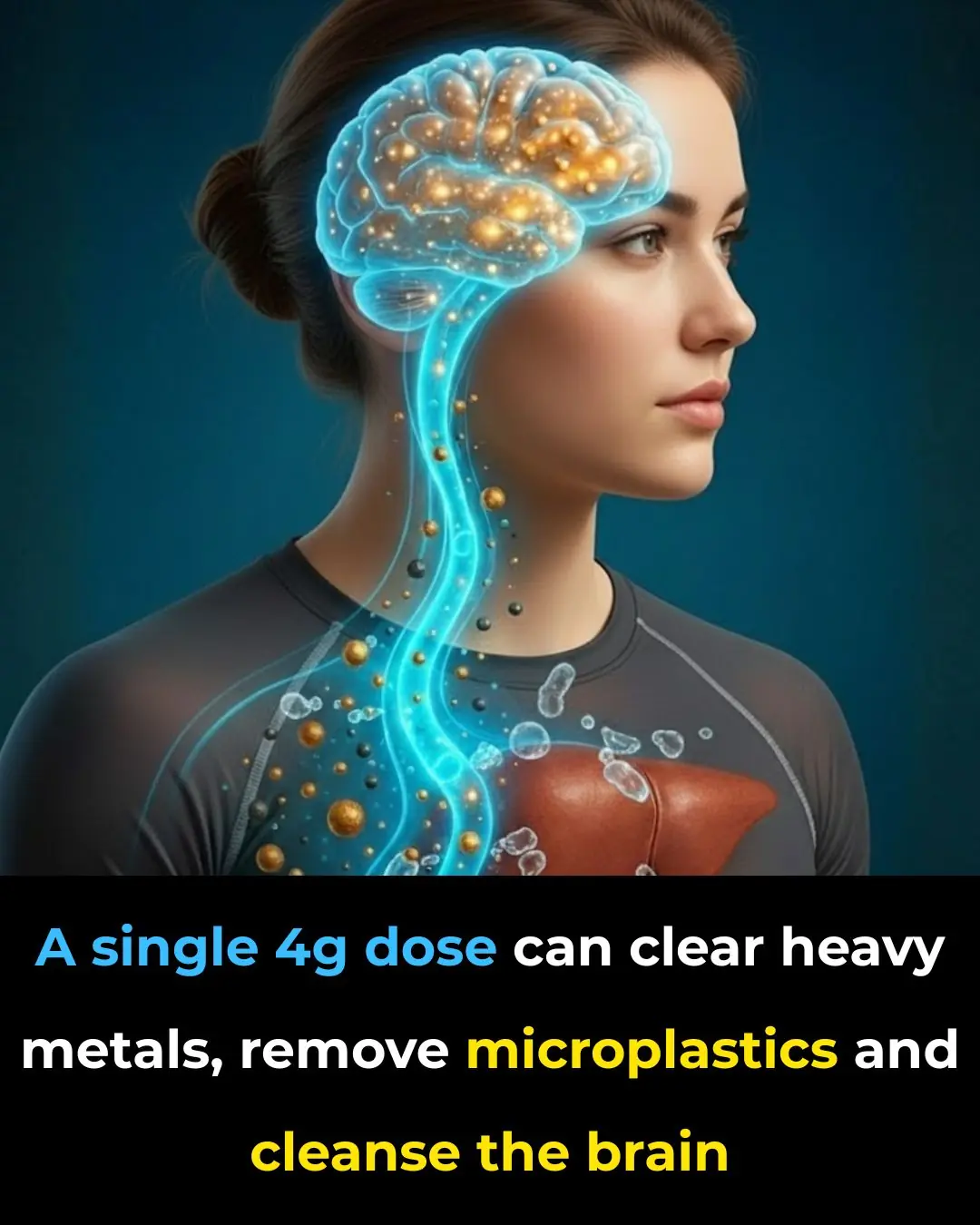
A single 4g dose can clear heavy metals, remove microplastics and cleanse the brain (do not use daily)

13 Surprising Signs Your Body Is Crying Out for Hydration
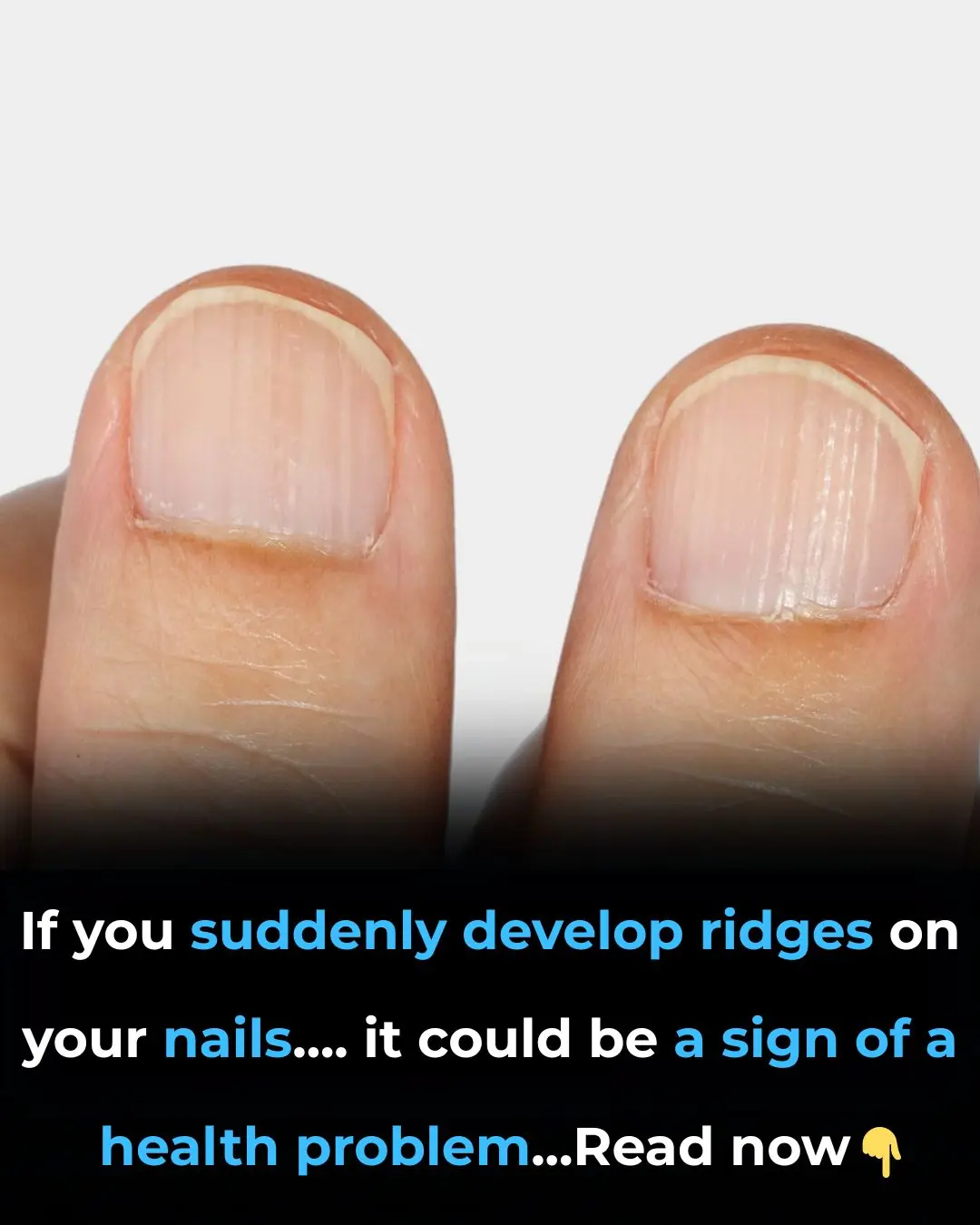
If You’ve Noticed Ridges in Your Fingernails, This Is What It Really Means

5 Herbs Your Liver Wished You’d Start Eating More Often (Or At Least Try!)
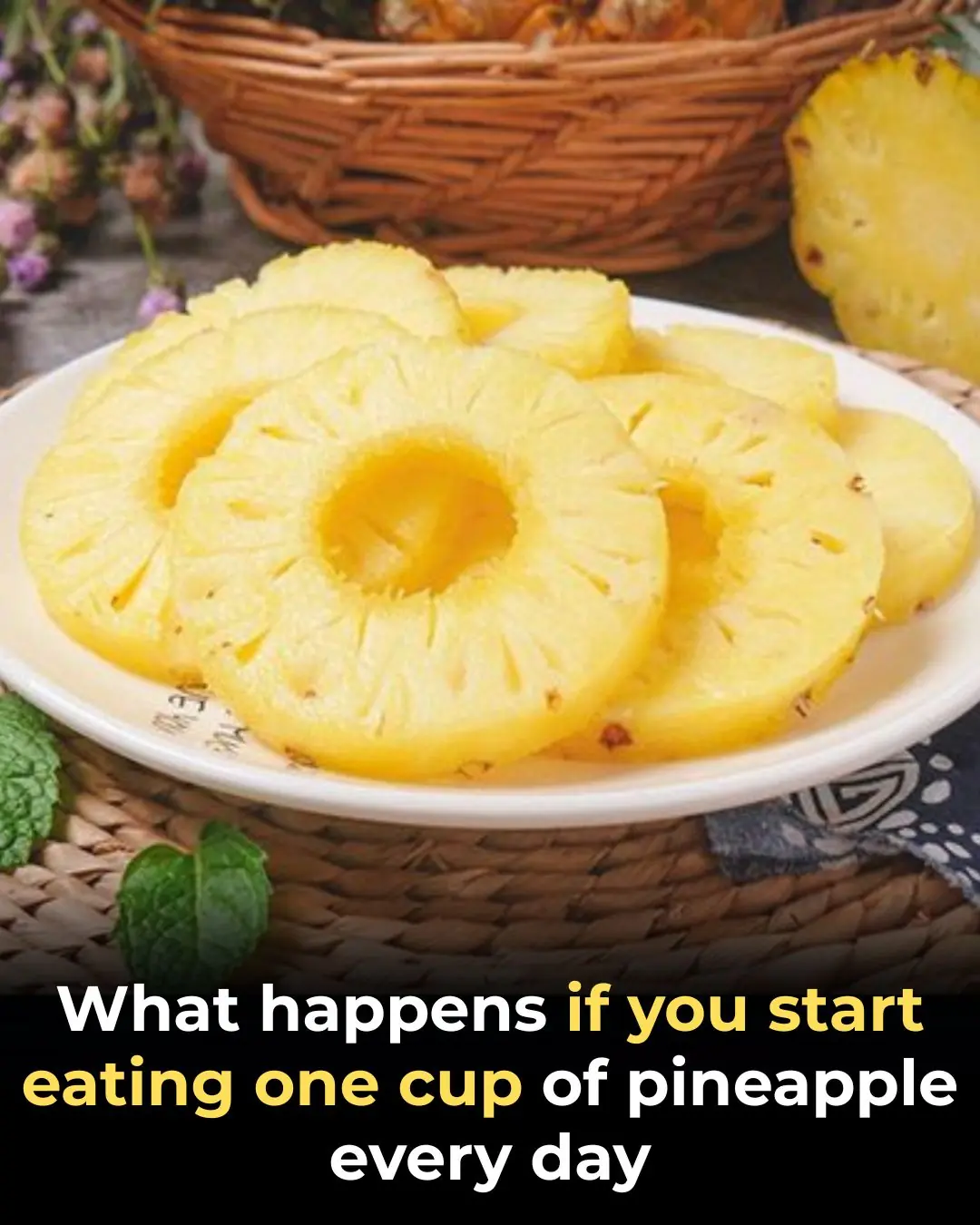
Powerful Health Benefits of Pineapple You Should Know

12 Early Warning Signs of Dementia You Shouldn’t Ignore

Why You Should Avoid Kissing Your Pet, Especially on the Mouth

Why Female Anacondas Sometimes Eat Their Mates: The Extreme Strategy Behind Survival
Why Female Anacondas Sometimes Eat Their Mates: The Extreme Strategy Behind Survival
Why Female Anacondas Sometimes Eat Their Mates: The Extreme Strategy Behind Survival
Why Female Anacondas Sometimes Eat Their Mates: The Extreme Strategy Behind Survival
Why Female Anacondas Sometimes Eat Their Mates: The Extreme Strategy Behind Survival
News Post

Top 10 Uric Acid Foods To Avoid If You Have Gout

Belgium’s Floating Algae Mats: A Green Breakthrough in Urban Water Purification

France Reimagines Shelter Boundaries With Community Corn Walls

5 Simple Ways to Remove Rust from Knives – Make Your Dull, Rusty Knife Shiny and Sharp Again
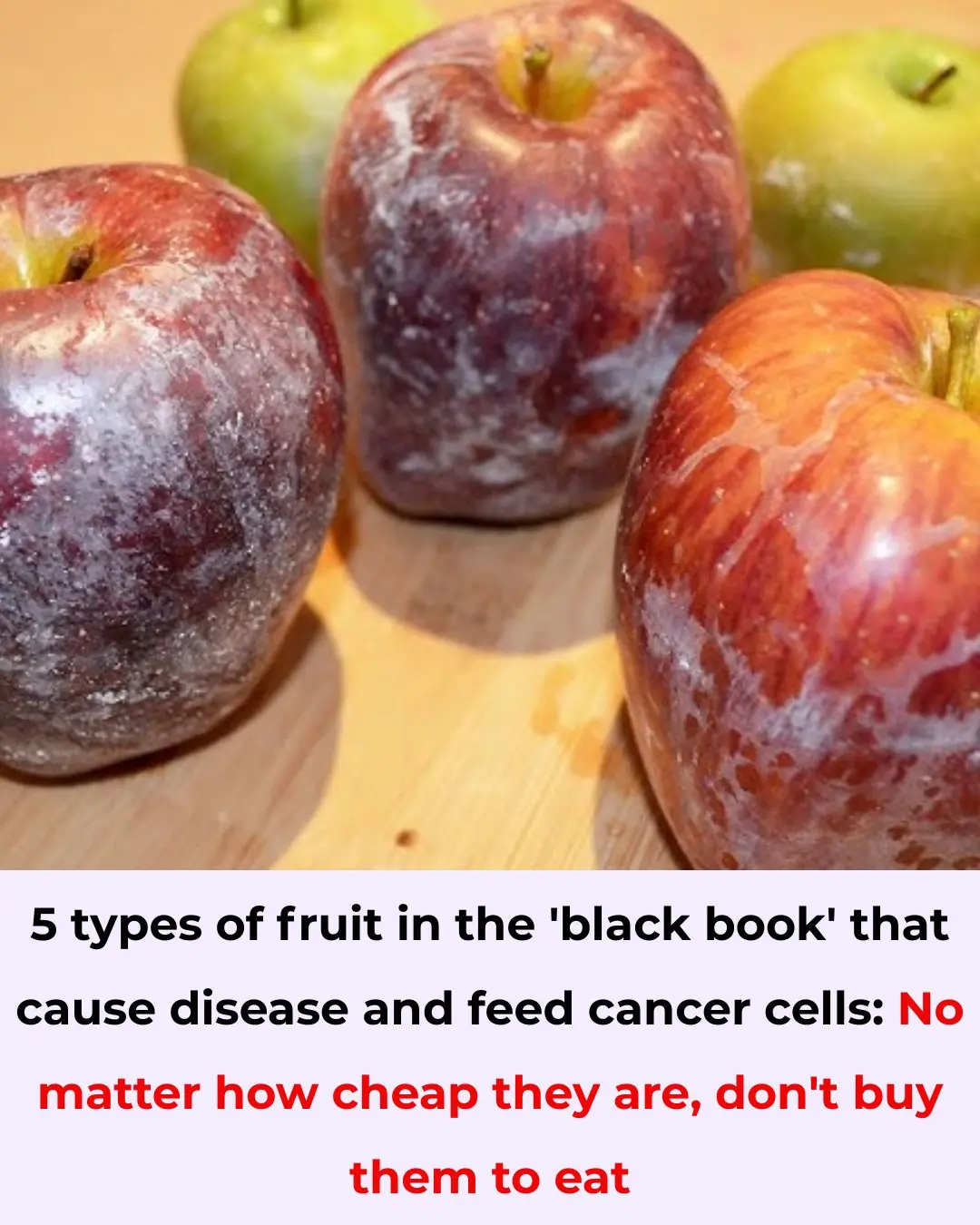
5 Fruits on the ‘Blacklist’ That Can Cause Cancer – Avoid Buying Even If Cheap

“New Research Reveals How Aging Impacts Male Fertility and Sperm Health”
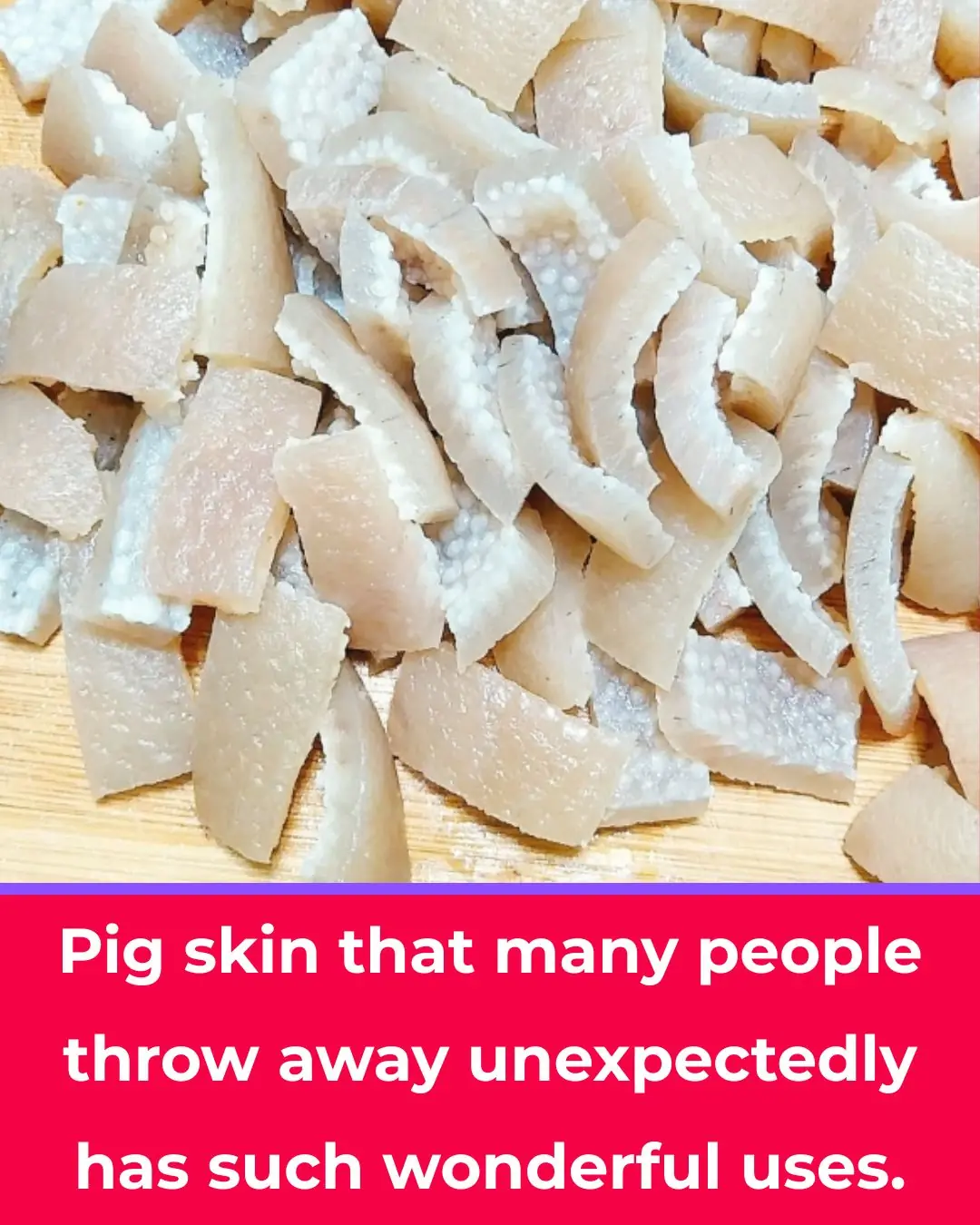
Pork Skin – The Often Overlooked Superfood
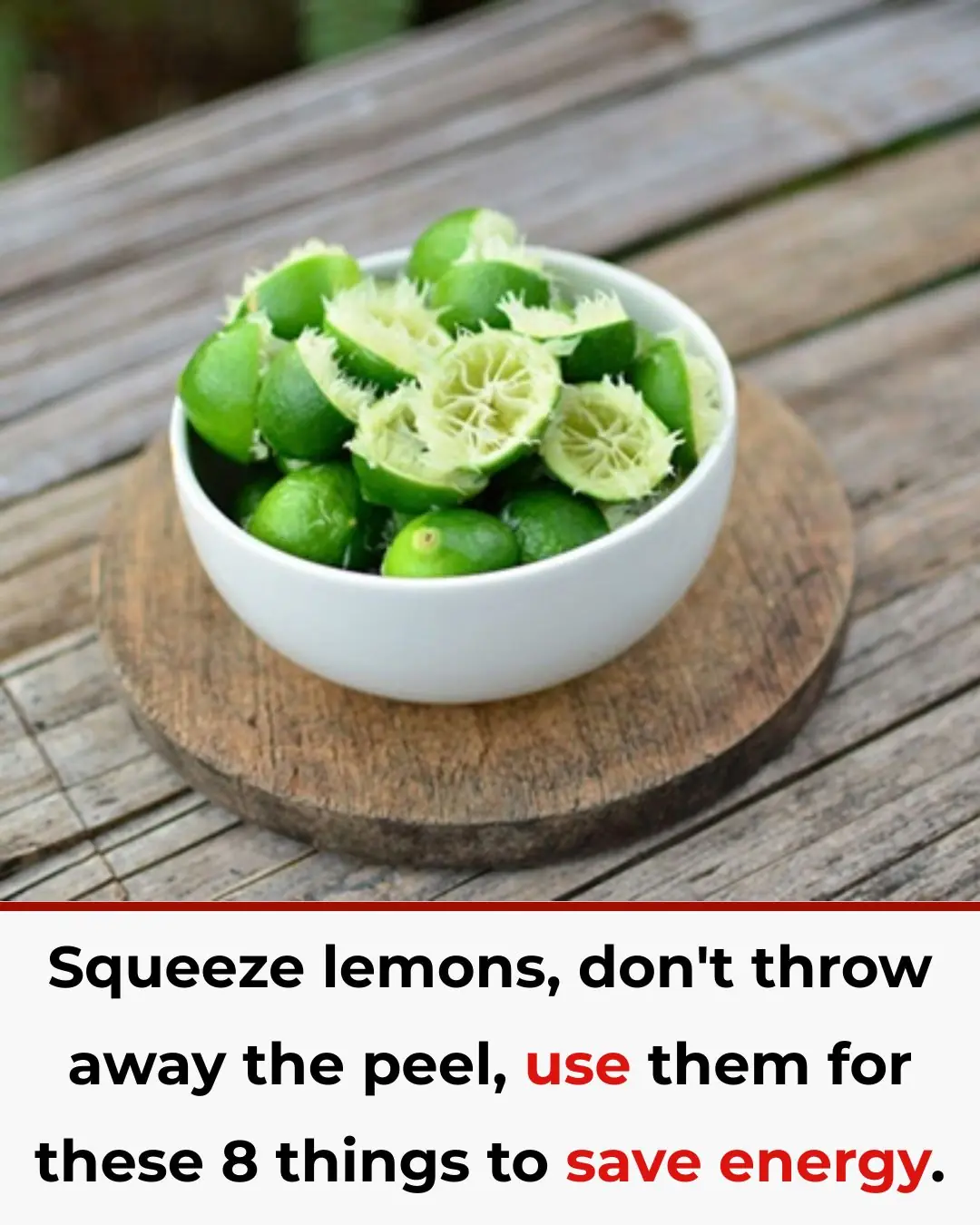
Don’t Throw Away Lemon Peels! Use Them for These 8 Household Tasks and Save a Ton of Money

10 surprising ways to use vinegar around the house
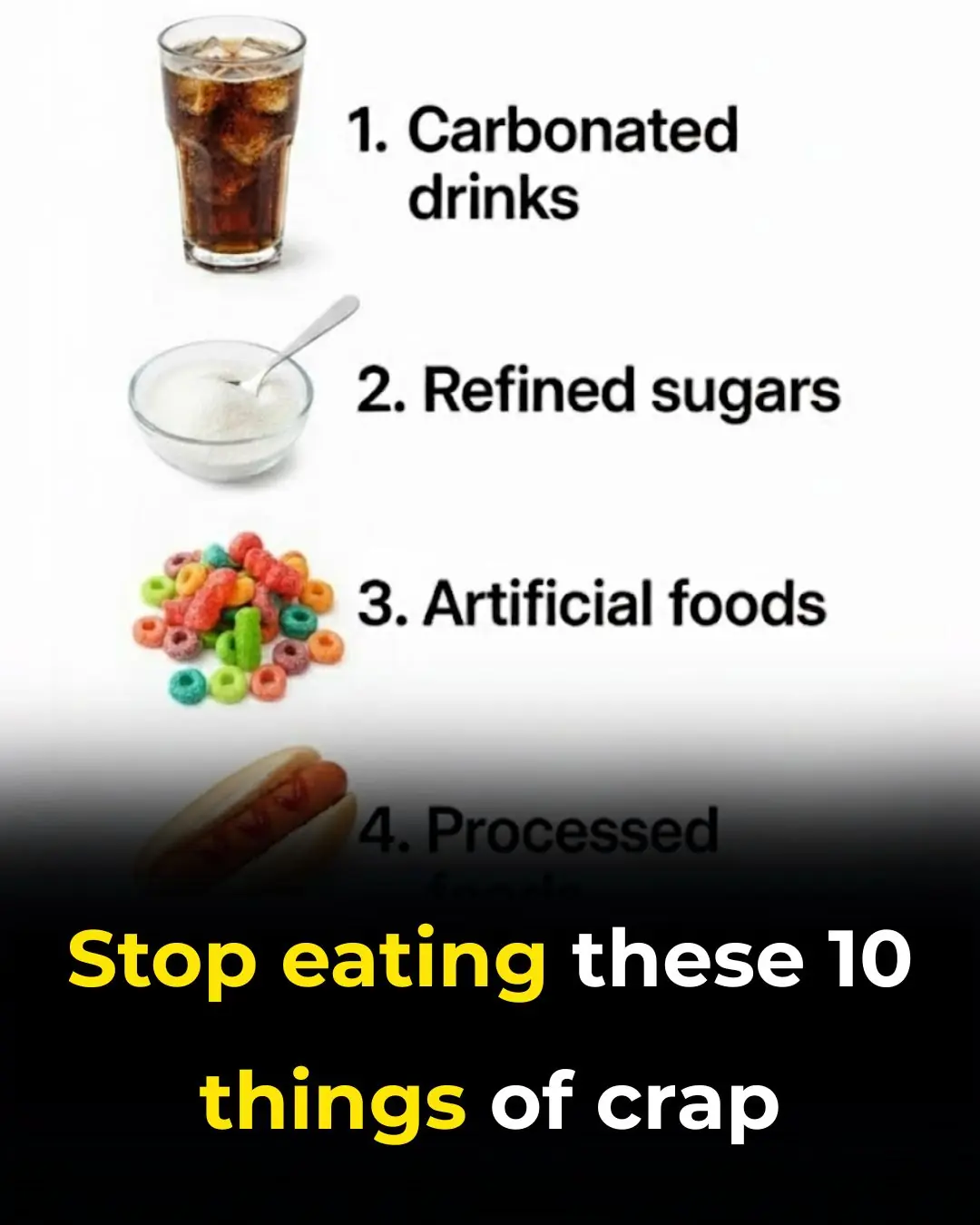
Stop eating these 10 things of CRAP
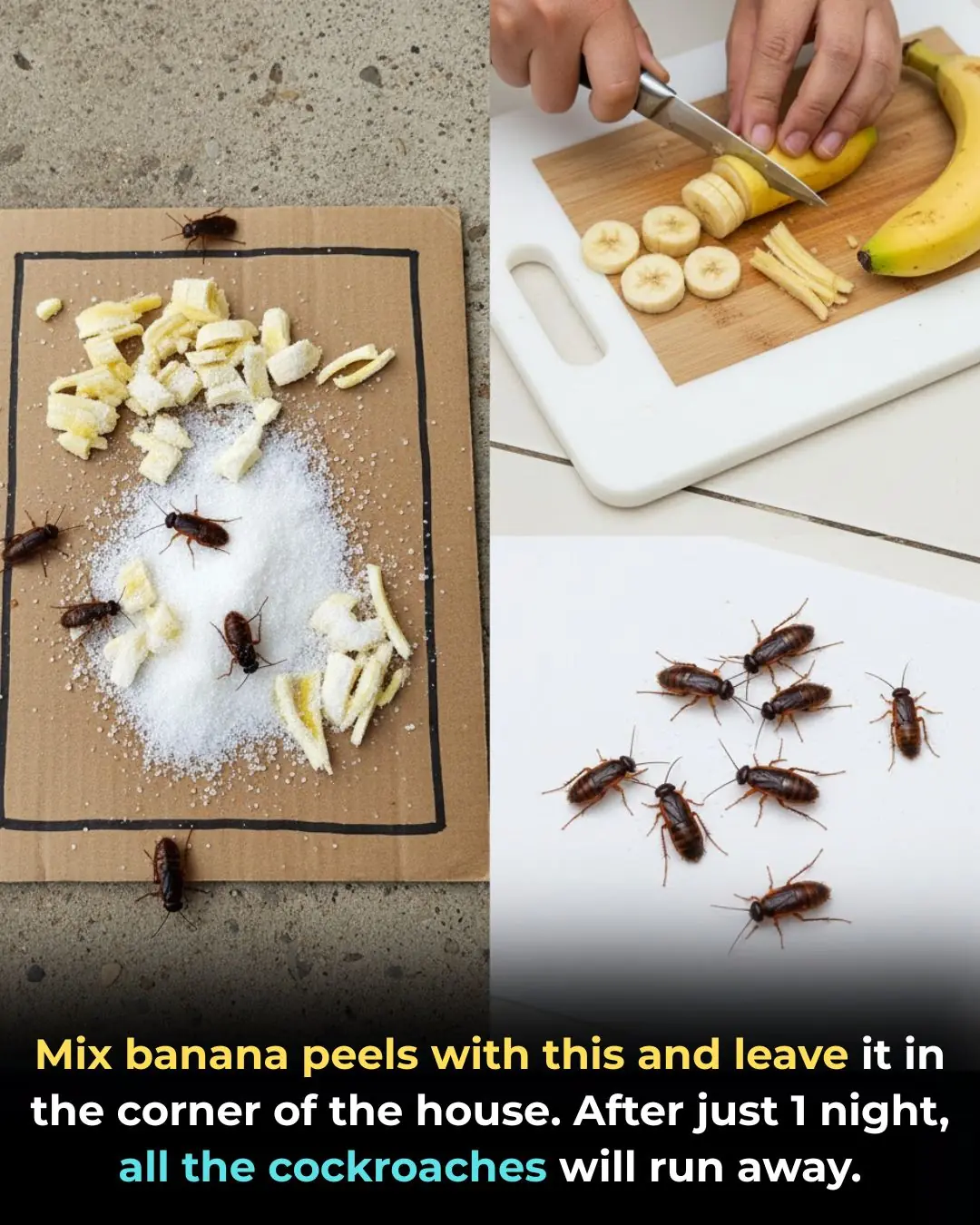
Mix Banana Peels With This and Leave It in a Corner — Roaches Will Disappear Overnight

Discover how eggs support your baby’s brain development — full details in the comments!”

Weak Toilet Flush and No Suction? A Simple Trick From a Professional That Fixes It Instantly

Five “Dirtiest” Parts of the Pig That Butchers Never Take Home for Their Own Families
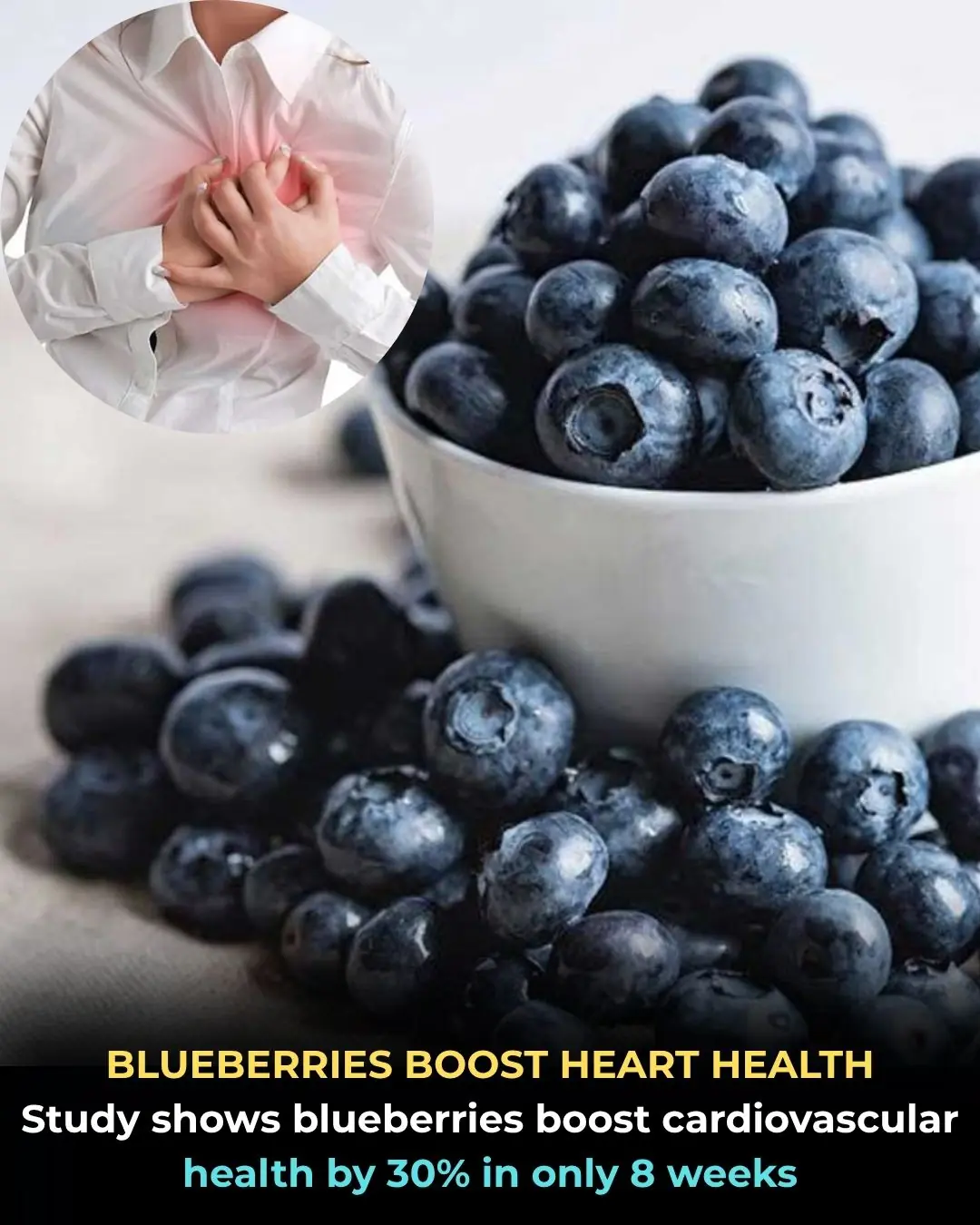
Blueberries: A Powerful Daily Boost for Heart Health

The Whole Family of Three Was Diagnosed With Thyroid Nodules; the Mother Collapsed: “I Thought Those Two Things Were Always Good to Eat and Could Prevent Cancer”

Motherhood Rewires the Brain: Why Postpartum Recovery Takes Years, Not Weeks
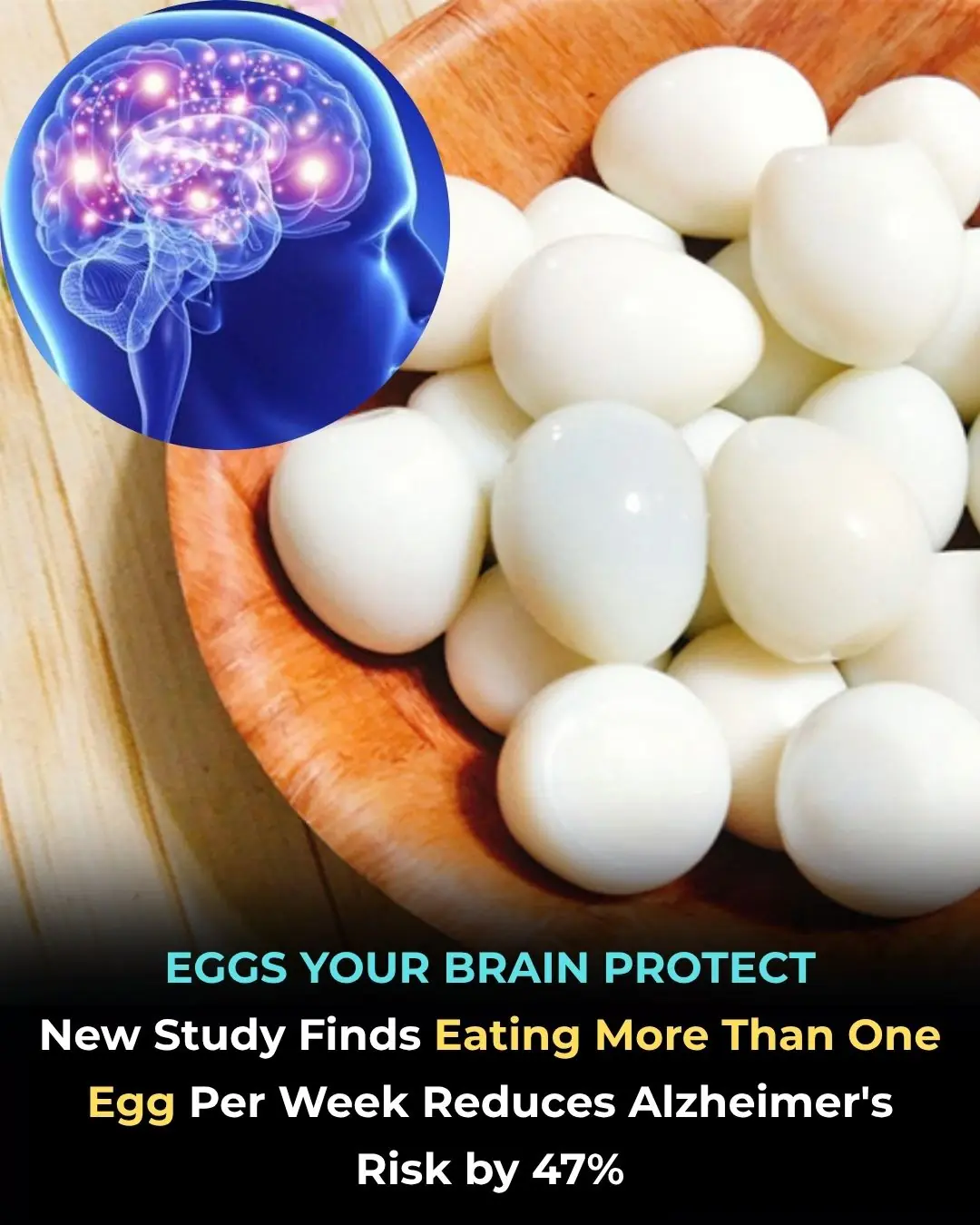
Eating More Than One Egg a Week May Slash Alzheimer’s Risk by 47%

CRISPR Breakthrough Offers Hope for a Potential HIV Cure
